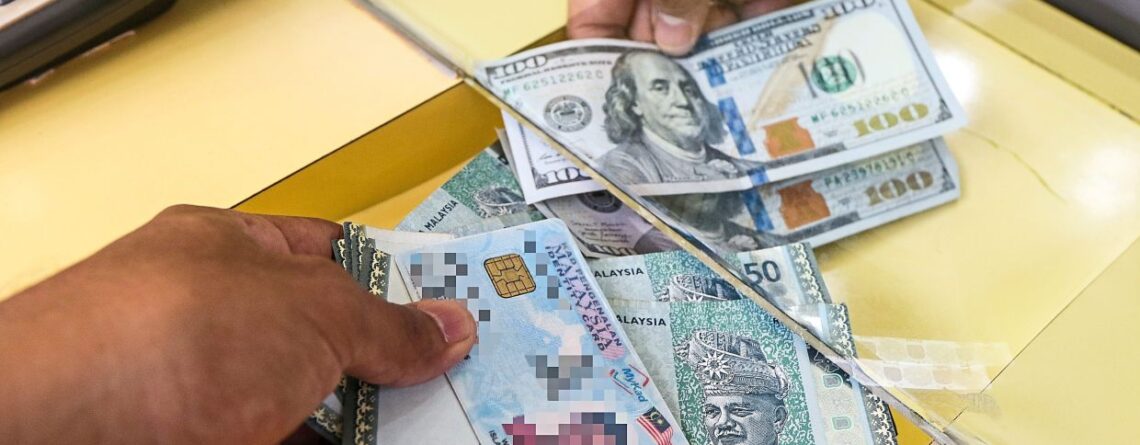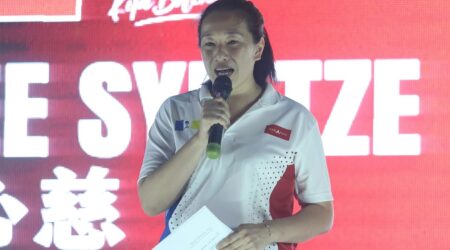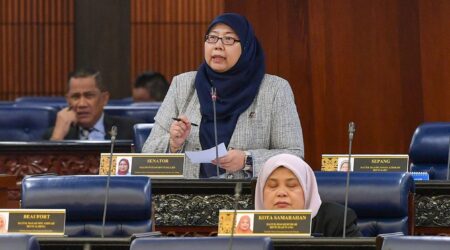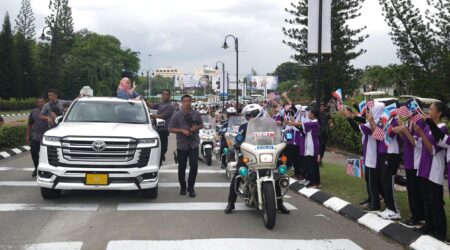New Bank Negara rule for moneychangers deters patrons
JOHOR BARU: A recent Bank Negara rule requiring moneychangers to take down the personal particulars of all customers has not gone down well with the public.Many feel their particulars are being collected to be sold to scammers or to be reported to the Inland Revenue Board (LHDN).
Under the new rule, those who exchange foreign currency worth RM3,000 and below will also need to provide their full name, identification card number, and date of birth.
ALSO READ: ‘Data collection rule in tandem with global standards’
In the past, only those who exchanged more than RM3,000 worth in foreign currency needed to provide such details, while those below RM3,000 were not required to give their full details.
Foreigners will need to show their passports.
In Singapore, those changing less than S$5,000 (RM17,750) do not need to provide their personal details.Since the new rule took effect on Feb 6, moneychangers in Johor have been experiencing a huge drop in transactions as Malaysian workers are changing their money in Singapore instead.
Mohd Ali Hassan, 47, who commutes daily to Singapore for work, said the new ruling is confusing and inconvenient.
“Why are they asking me for my personal details? I am worried this information may be misused and they might report me to the income tax department,” he said, adding that in the past, he used to change his money in Johor where the exchange rates were sometimes better.
He has started changing his money in Singapore since the ruling came into effect.
Another worker, Wendy Tan, 35, has started changing her money in Singapore too as she is worried her particulars may be misused.“I was shocked when the moneychanger asked me for my details just to change S$200 (RM710),” she said.
“There are many scams these days. I do not want my personal details to be leaked anywhere.”
Tan said while she understands the need for Bank Negara to keep tabs on who is exchanging currency in Malaysia, the public should have been given ample notice to prepare for this move as many are now choosing to change their money in Singapore.
Moneychangers are also feeling the pinch as some in Johor Baru have lost at least half of their business since last month.
A moneychanger who declined to be named said business used to be good at the end of the month as it was salary time in Singapore.
“I paid more than RM500,000 in taxes to the government last year.
“I will not be able to pay that amount this year as my sales have dropped,” he said, adding that this new rule would also cause an illegal outflow of ringgit to Singapore to cope with the rising demand there.
The moneychanger, who has been in business for more than 10 years, said in the past, whenever a customer changed below RM3,000, a receipt was issued under the moneychanger’s company together with details of the currency.
“Each transaction was recorded as we faced a hefty fine if we conducted transactions without a receipt,” he said, adding that under the current requirement, it is time-consuming to process customers who have long names.
It now takes up to five minutes to process a transaction compared to 20 seconds in the past.
Another moneychanger, who has been in business for about 20 years, had similar sentiments and said that besides losing his regular customers, his staff members are also often subjected to customers’ ire, with some resorting to profanity.
“I hope Bank Negara can find a solution to this problem as we are facing a huge drop in business.”
He said if this continues, most moneychangers in Johor Baru would need to lay off staff as they would not be able to cope with their operational costs.
Asked whether this new rule will help curb terrorism or fraudsters, he simply said his customers are daily wage earners who work in Singapore to support their families in Johor.













Leave a Reply